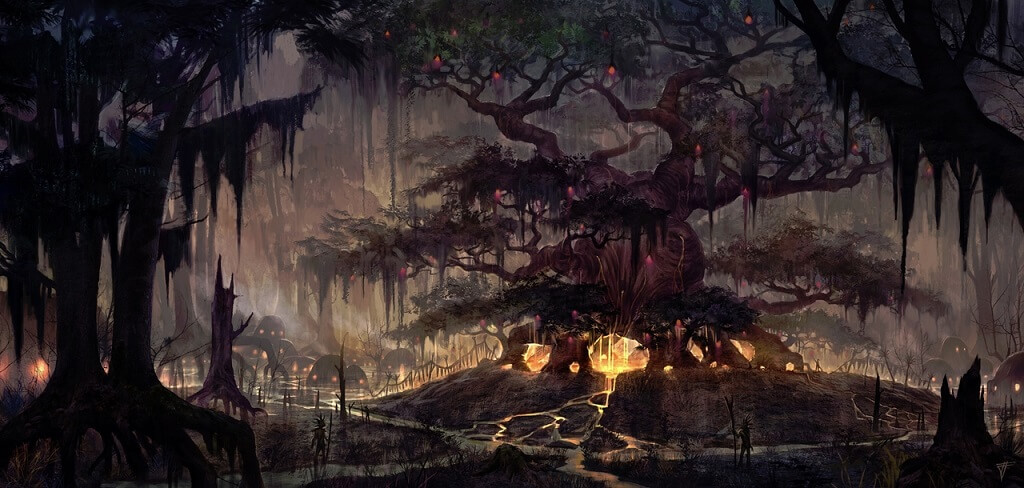
So many of the dialogue options are pointless.


When it comes to the primary gameplay loop, I can’t really argue otherwise. There are myriad other ways this 15-year-old RPG still manages to grip the player through its clever ideas, but that may not convince you that it “holds up” in any meaningful sense. This is what makes being part of the Thieves Guild so compelling in Oblivion : It’s not just an excuse to do some cool quests, but an actual club that involves members paying their dues and looking out for one another. In addition, joining the Thieves’ Guild (much like any guild) comes with a number of perks that exist outside the contour lines of a written quest, such as being able to pay off fines or barter stolen items with a number of NPCs throughout Cyrodiil. You must first prove you’re good at stealing anything before stealing something of particular value, with the guild leader telling you to steal any number of random items from anyone you please (adding up to a particular total value) before he asks you to do anything big. In Oblivion, however, you’re not given these tasks in quite the same way. The questline also features an overarching narrative involving a past guild leader who disappeared, ancient robots, and confronting the guild’s double-crossers. In Skyrim, joining the guild involves performing a number of scripted quests to steal specific things from specific people to prove your worth. While the mechanical act of healing oneself as well as the still-clunky battles as a vampire may feel awkward and poorly aged, the concepts at play remain interesting: Either you take on a new quest to become normal again, or see how far you can go as a deadly creature of the night.Īnother example of how Oblivion manages to stay relevant philosophically is how it presents your membership in the Thieves’ Guild. You can simply embrace being a vampire, reaping the benefits during the night while strategically planning when to feed on victims so you don’t steadily lose health throughout the day. If you are afflicted with the curse of being a blood-sucking demon, you can seek out help and complete a quest to rid yourself of such a disease. There are no epic dragon battles to be had here, and the simple act of exploring ancient ruins and caves can be a slog due to a lack of diverse level design, but simply existing in the continent of Cyrodiil and taking part in its curiosities is as artistically nourishing as any modern RPG.Ĭonsider the way Oblivion handles vampirism. Though it fails to provide many mechanical reasons to play it nowadays, the game’s worldbuilding and immersive systems continue to be strong, as its focus on side quests, bizarre NPC encounters, and guilds provides the player with more than enough to stay interested.

That said, Oblivion remains a compelling experience in spite of these flaws, since many of its core role-playing elements are still a big draw. In addition, franchise follow-up Skyrim improves upon so much of the gameplay and geographical design that playing Oblivion after Skyrim feels like taking a major step backward, at least in terms of general quality of life. The combat is clunky, the character models are ugly, the world contains large swathes of emptiness and filler locations (including the Oblivion Gates themselves), and there are so many bugs that it’s amazing anything works at all. In the most basic sense of the term, Oblivion does not “hold up” especially well. The Elder Scrolls IV: Oblivion, which I’ve played for the first time recently, fits neatly into the second category, though it’s dated mechanics don’t hamper the experience quite as much as one may think. I’ve written exhaustively about what exactly it means for a game to “hold up,” and I’ve largely come to the conclusion that something can hold up if it either A) is mechanically sound enough that it feels like it could have come out in some form in modern times (e.g., Super Metroid ) or B) is uniquely strong enough through its storytelling and worldbuilding (e.g., EarthBound ).


 0 kommentar(er)
0 kommentar(er)
